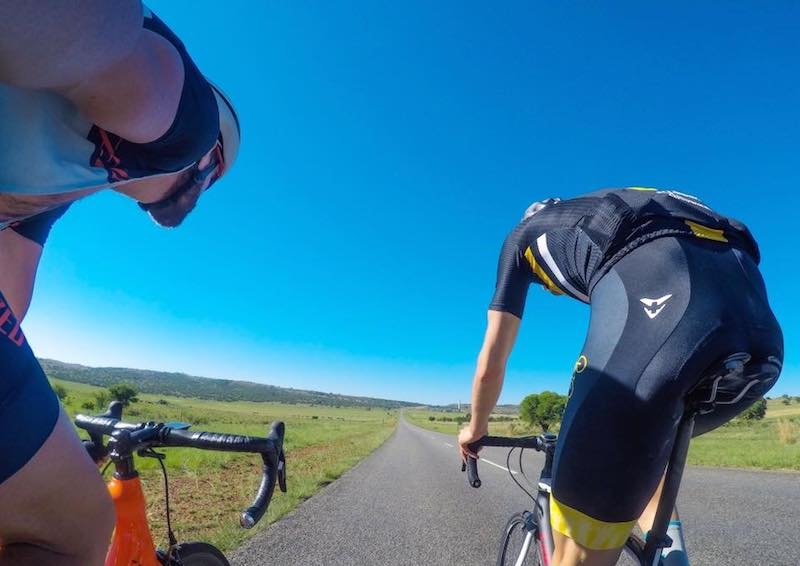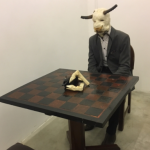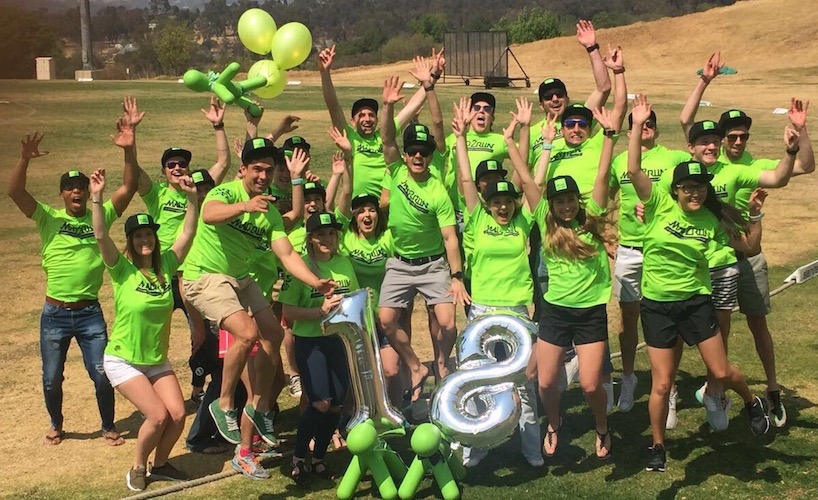
In the Saddle: sport continues to teach me lessons
Through the years I have played a lot of sport, spent hours practising and plenty of time has gone in to thinking/planning on how to improve. Sport has played a big role in shaping me into the person that I am today. It has taught me many lessons, given me experiences, taught me the art of discipline, and challenged me to adapt. Sport has also provided me with plenty of laughs and great memories when you reflect on them years later, such as when I was a youngster I had ambitions to be a pro golfer and tennis player… pretty crazy, but I was obviously set on making it to the big leagues. Or maybe I really didn’t like sitting in a classroom!
Looking back on the time I spent on the sports field at school and varsity, I am amazed how much time I actually spent playing sport. Recognising how much time you spend or have spent on things is important, because it allows for you to plan better. Planning is a skill that I still have to perfect, although I am not sure it is possible to be perfect at planning. It sounds cliché, but time is your most valuable resource.
When sport became part of my routine at school I didn’t think much of the time that I actually put into it. However, reflecting on the past – and now enjoying different sports to the ones I played at school and varsity – my perspective has changed. Entering the working life and needing to balance/plan more, you begin to realise that a couple of hours here and there add up. Developing a skill requires time, but also discipline and determination. If you just put time towards growing a skill it will take a lot longer to learn it. Discipline is a key ingredient and I recall the hours that I used to spent hitting a hockey ball into the left and right hand corners of the goal.
Sport has taught me how to plan and how to dedicate time towards something in order to learn or improve a skill. Things don’t always go to plan though and you need to adapt when this happens, such as when you are a goal behind in a hockey match or you aren’t hitting the ball off the middle of your cricket bat. Learning to adapt is key so that you can move on and perform to the best of your ability, despite conditions that may not suit you. I haven’t been the best at this through the years, but sport provided the foundation that enabled me to adapt or change direction.

I have dabbled in a number of sports through the years. Some require a team, while others are all about what you can do as an individual. Team sport requires you to communicate and work with, not against, the strengths of those around you so that the team can perform to the best of its ability. Individual sports are different. You need to learn to pace yourself so that you don’t burn out, because at the end of the day it’s you versus the clock. Training is key for both team and individual sports. Train correctly though. Be conscious that sometimes quality is better than quantity. You can achieve the same results in a shorter time frame if you ramp up intensity for example. This same principle is embodied in the saying “work smarter, not harder”
In Malcom Gladwell’s book, Outliers, he refers to the 10 000-hour rule. This is the time he suggests is necessary to become an expert in a certain field. The first time I heard about his rule, I was intrigued. Intrigued because if you break that down, that’s a hell of long time and I had never thought about developing skill in this way before. However, looking back on the 10 000 hour rule and having re-read Outliers, I agree with some of his findings. I would like to challenge a few things… but more on that another time.
In short, I think we need to put more emphasis on understanding how our personalities can influence our development of specialised skill.
In order to perform at my best, I do put my body and myself under a fair amount of stress. Having high standards is important to me and I enjoy operating in an environment that requires me to challenge myself. The article that inspired this blog was one that I read on Cycling Tips, “Getting the spark back”. It discusses the optimal stress/pressure zone and there is something that we can all learn from this. Pushing ourselves too far can be negative, while not pushing ourselves enough is also a negative. Finding the sweet spot that allows us to perform at our best isn’t easy and we must consistently re-evaluate our thinking so that we can implement changes if necessary.
To wrap up, sport has played a major role in my life so far. It’s given me some awesome experiences and enabled me to meet some great people. It’s also taught me a lot – probably much more than I realise. There are a lot of lessons that we learn from sport that can be applied to our daily lives. The most valuable one is to remember to smile, have fun and enjoy what we are doing!






